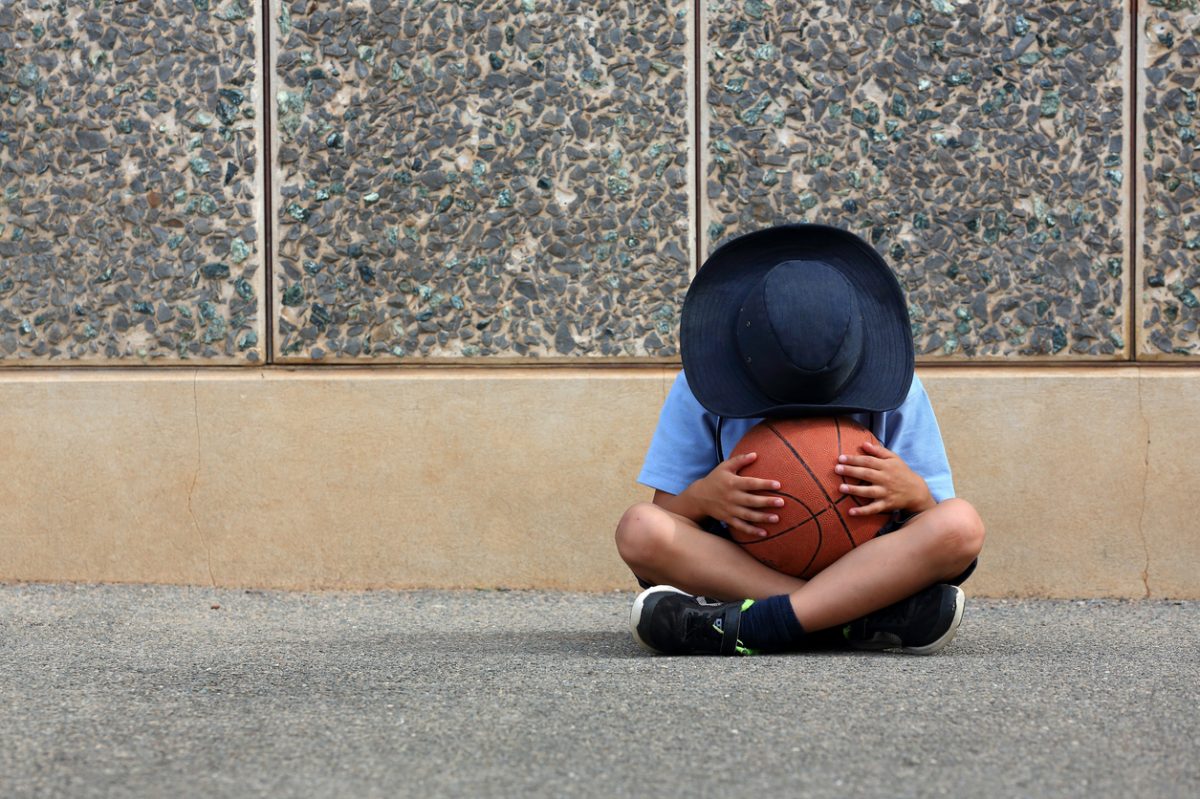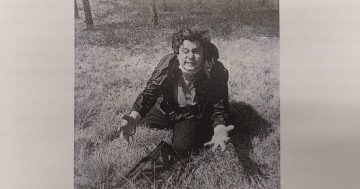
Bullying is old as time but it doesn’t make it any easier, for the person being bullied or their parents. Photo: File.
Times may change, but some things never do – and bullying in the playground is one of those things. Despite having progressed as a society in the way that we recognise, talk about and discourage bullying, it isn’t any easier for adults to decide how to deal with it when it happens to their kids (or worse, when their child is named as the bully).
A friend of mine confessed recently that she’s worried about her daughter, whom I’ll call Seema. Seema is eight, and is generally a gregarious, outgoing kid. Over the years, she’s had ups and downs with friendship groups – at one stage, she was being ostracised by the girls in her year one class, and variations of this have continued over the years.
Recently, Seema’s mum discovered that some of the girls in her class who have access to their own phones have set up a group chat. During the school holidays, Seema was added to it via her mum’s phone number, and she excitedly messaged her friends during her supervised screentime. One of the girls in the group immediately told her she wasn’t welcome and sent a few snarky messages before Seema’s mum saw and shut it down.
Since then, Seema hasn’t been eating her lunch at school, which her mum thinks might be because she has no one to eat it with. She has become more withdrawn, and although it’s subtle, it’s enough to make her parents concerned.
Hearing this story, I was aghast. But I also had to admit, I have no idea what the correct course of action would be.
I was bullied a lot as a kid, growing up in a very small town where I was one of the only non-white kids in my school (alongside my siblings). My parents were of the ‘let the kids work it out’ mindset, and as far as I know, no one ever intervened. Certainly, teachers who saw me on my own at lunch and recess or heard kids being mean to me never stepped in – but it was the 90s, and I believe there are better systems in schools these days (or at least I hope so). I eventually found friends and moved past the worst of it, but it left a lasting impact.
I think schools take a more proactive approach to calling out and preventing bullying where they can. But as a parent, when the bullying is happening outside of school, what is the right thing to do? My friend thought she was already doing all the right things. Her daughters don’t have their own phones yet, and their screen time is supervised. She has tried her best to build open lines of communication with her kids and regularly talks to them about their friendship dynamics and what is respectful behaviour within them.
When she saw the mean messages Seema had received, my friend wrote back in the group chat herself, identifying herself as Seema’s mother and noting that she would be leaving the chat on Seema’s behalf and that she was disappointed in the tone of the messages. She doesn’t know the other girl’s parents or have their details and isn’t sure if she should bring it up with the parents she does know, or the school.
And most importantly, other than encouraging Seema to nurture the positive friendships she does have and to seek new friendships, she feels at a loss to support her daughter socially at school.
I’m not a parent and honestly don’t know what the right course of action would be. I know that, having been bullied, it actually wouldn’t have occurred to me to talk to an adult about it at the time. I also know how miserable I was, though, and how difficult it was to go to school and know that my bullies would be there waiting.
What should a parent do in this situation? Are playground politics best left to the playground, or is it better to step in?




















